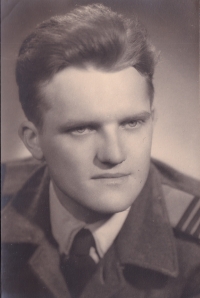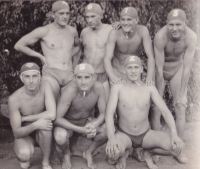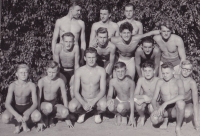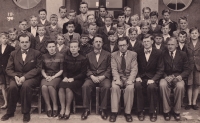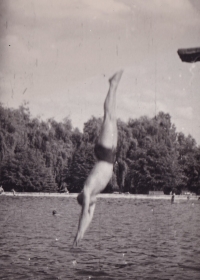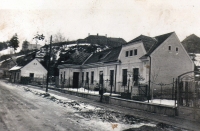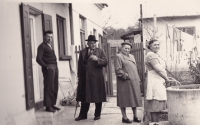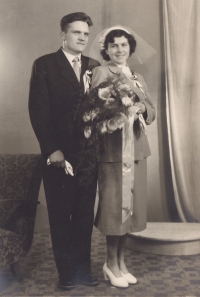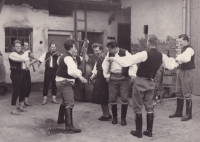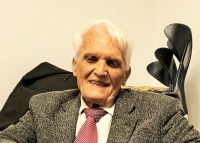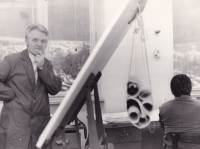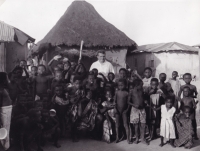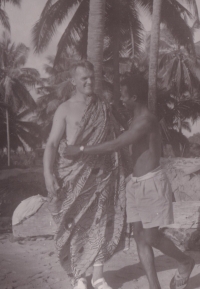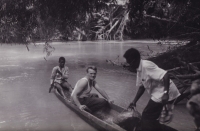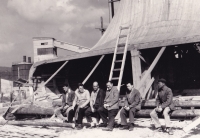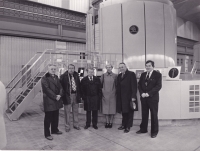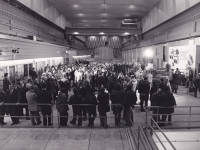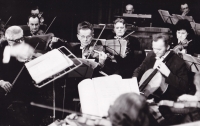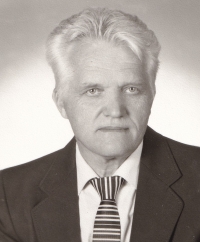I thought the planes were aiming at us
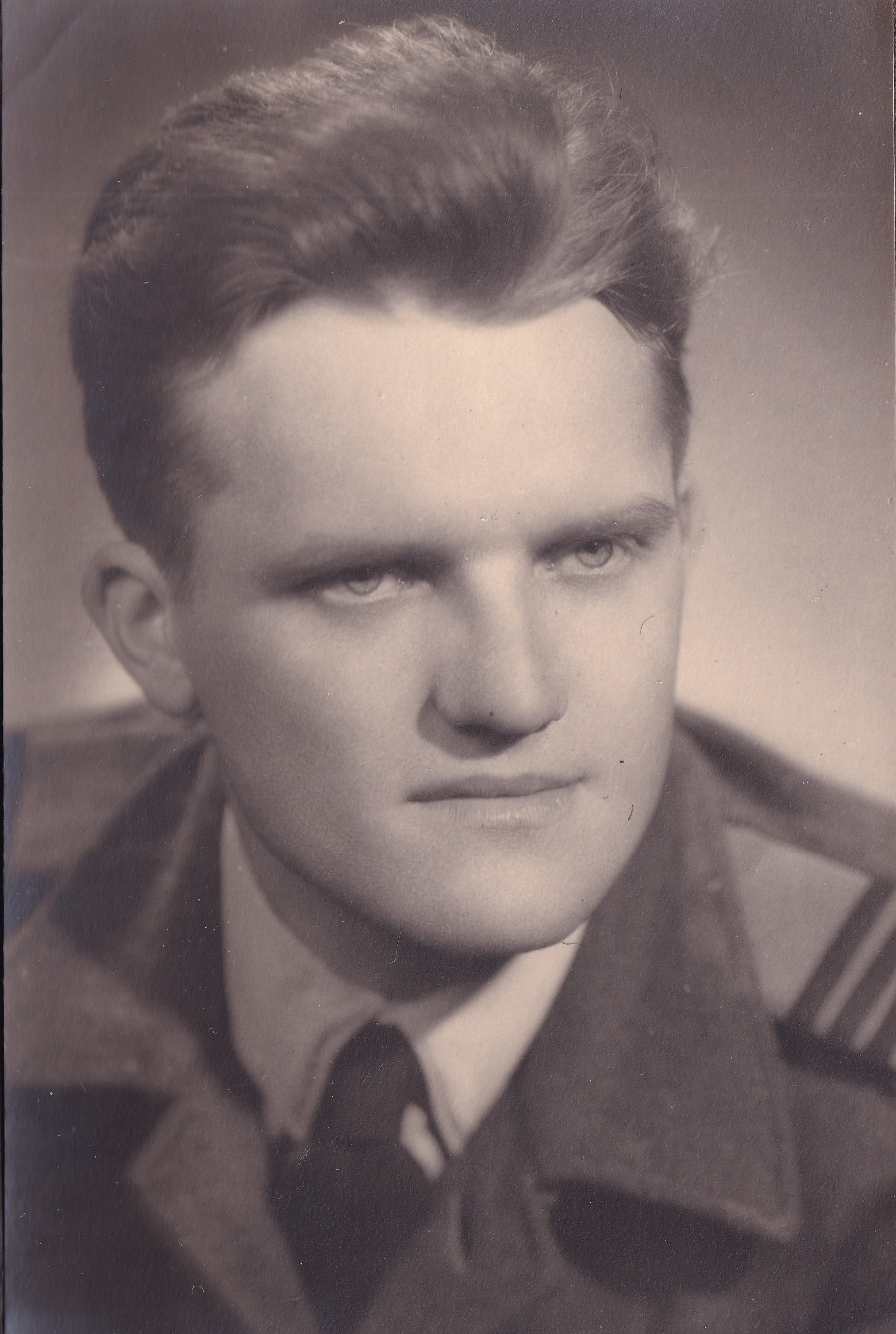
Download image
Antonín Petlach was born on 7 January 1929 in Blansko to Anna and Antonín Petlach. He grew up with his older sister Zdena. At the end of World War II he witnessed several dangerous events, especially during the bombing of Blansko. He experienced the greatest fear during the bombing of trains in Rájec-Jestřebí by two Russian Ilyushin II planes, which turned over a group of fleeing members of the swimming team. After the municipal school, he studied at the Secondary Industrial School in Brno, where he successfully graduated in 1947. Shortly thereafter, he was visited for the first time by members of the Communist Party of Czechoslovakia (KSČ), to whom he signed an application form without hesitation and became a candidate to join the party. As an active Sokol member, he took part in the XI All-Sokol Meeting in Prague in 1948. He joined ČKD engineering company in Blansko as a designer of mill machinery. On the recommendation of his favourite teacher from the industrial school, he began to study at the Brno University of Technology, which he completed in 1952 in Bratislava. He started working at the Water Machinery Research Institute of ČKD Blansko. From 1953 to 1955 he completed two years of military service. At the beginning of 1956 he married Věra Horáková and at the end of the year their son Pavel was born. A part of the company’s projection was then transferred to the Brno Hydroprojekt, where he was visited by an employee of the personnel department with an application to the Communist Party of Czechoslovakia, which he signed with fear due to the repressions at that time. At the beginning of the 1960s he took part in a six-month business trip to the African state of Ghana, where he met Queen Elizabeth II of England. After the events of 1968, he renounced his membership in the Communist Party. He was allowed to remain in the company as an indispensable professional, but he had a lower salary and was not allowed to travel to capitalist countries. He designed several large hydroelectric power plants around the world and in Czechoslovakia. However, he was not allowed to go to Argentina and could only travel to the then GDR with the appropriate party escort. He was to receive a medal for his project in Markersbach, Germany, which the Foreign Ministry still owes him to this day. The most famous waterworks he designed is the unique pumping reservoir Dlouhé stráně. In 2005 it was listed as one of the seven greatest wonders in the Czech Republic. He retired in 1989, but continued to work for the ČKD engineering company as a private entrepreneur for another ten years. In his youth he was an active Sokol member, a member of the swimming club, where he also served as a youth coach. Throughout his life he was involved in culture, playing the violin in the Blansko Symphony Orchestra and in other ensembles in the area. In 2021 he lived in Blansko. Antonín Petlach passed away on October, the 13th, 2023
